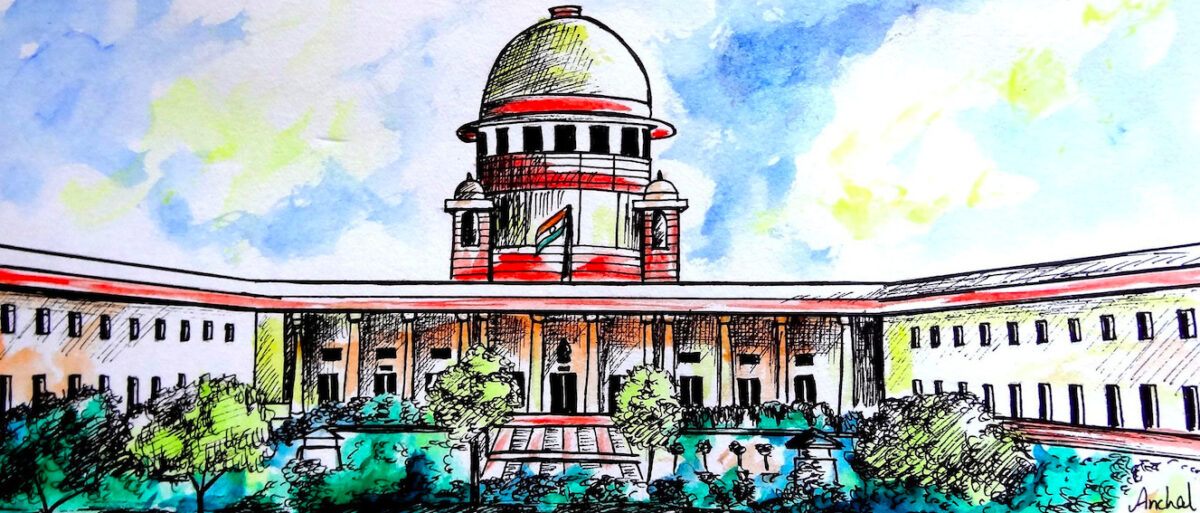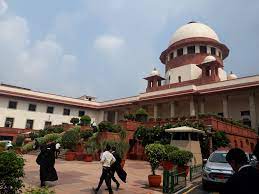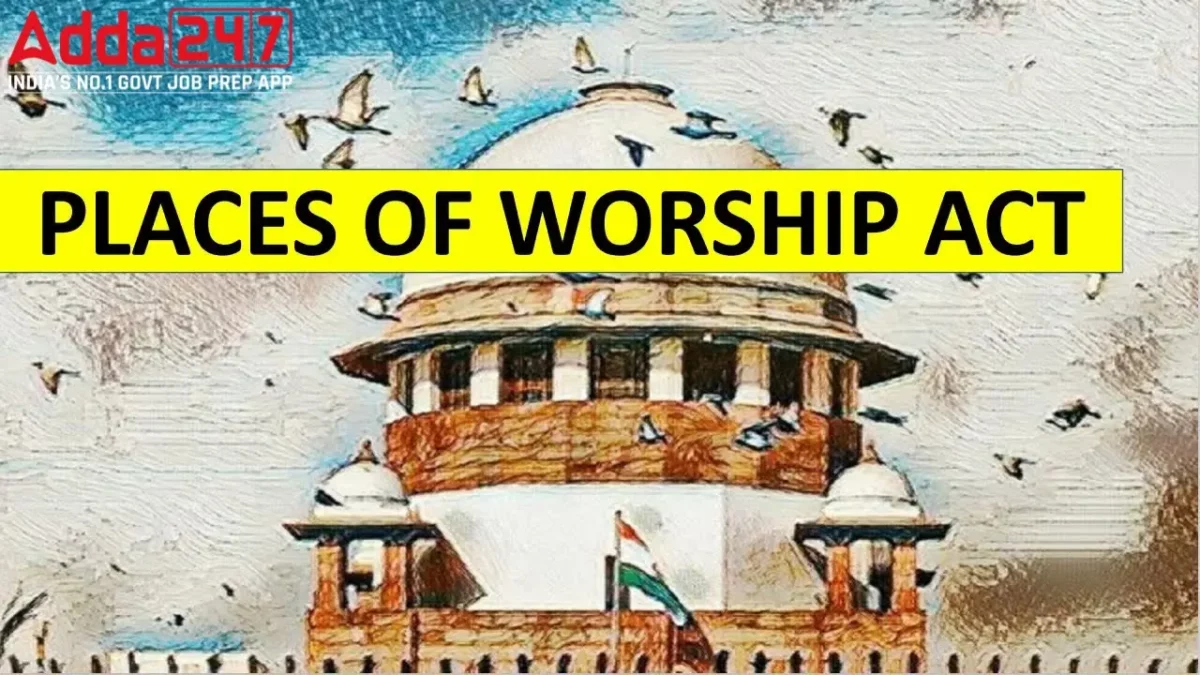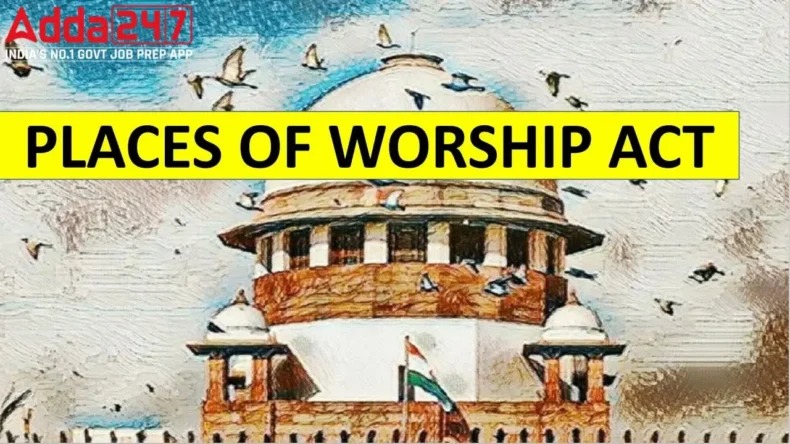Table of Contents
The Places of Worship Act of 1991 cannot be used, the Supreme Court said on Tuesday, to impose a general stay of the many lawsuits and legal actions underway in various courts around the nation over contested religious sites.
The parties in each relevant matter must get a stay from the relevant court by citing the fact that the Place of Worship Act is in effect and has not been suspended by the Supreme Court, according to a bench consisting of Chief Justice of India Dhananjay Yashwant Chandrachud, Justice PS Narasimha, and Justice Manoj Misra.

What did the Supreme Court say?
“The Act is not at all on hold. The absence of a stay must be brought up in court. A stay (on the Act) is not in effect simply because the Supreme Court is considering the challenge to the Act. We need to know what they are to halt legal proceedings, the bench said.
After being persuaded by attorney Vrinda Grover to entertain a request for a stay of the proceedings, the Court released this statement. “A temporary application is requesting a stay. While the Act is in effect, cases are being contested all around the country. The Act is in effect as of today,” Grover remarked.
Ashwini Kumar Upadhyay, a BJP spokesperson, filed a petition with the court opposing the Act because it prevents Hindus, Jains, Buddhists, and Sikhs from seeking legal redress, so allowing unlawful invasions to continue indefinitely.
The Court stated that it could not grant a general stay but let the Central government have three additional months to submit a response before adjourning the case. BJP leader Subramaniam Swamy stated that the subject is likely to be postponed and should be scheduled for a final hearing.
“The Centre is adjourning proceedings repeatedly. Put it on for the last hearing, he suggested. The Court adjourned the case after saying, “Let us first see the affidavit by the Centre.”
Ashwini Kumar Upadhyay, a BJP spokesperson, filed a petition with the court opposing the Act because it prevents Hindus, Jains, Buddhists, and Sikhs from seeking legal redress, so allowing unlawful invasions to continue indefinitely.
The Court stated that it could not grant a general stay but let the Central government have three additional months to submit a response before adjourning the case.
BJP leader Subramaniam Swamy also stated that the subject is likely to be postponed and should be scheduled for a final hearing.
“The Centre is adjourning proceedings repeatedly. Put it on for the last hearing, he suggested. The Court adjourned the case after saying, “Let us first see the affidavit by the Centre.”
However, the Supreme Court has already confirmed that, in light of the Act, comparable cases cannot be accepted concerning other locations. Cases involving the Mathura-Krishna Janmabhoomi and the Gyanvapi mosque are still ongoing before several courts in Uttar Pradesh.

What are the Places of Worship Act?
According to its official description, it is an Act that prohibits the conversion of any place of worship. It provides for maintaining the religious character of any class of worship as it existed on the 15th day of August 1947.
Exemption
1. The Act did not apply to the contentious Ayodhya site. Due to this exception, the Ayodhya case trial continued long after the law’s implementation.
2. In addition to the Ayodhya conflict, the Act excluded:
3. Any house of worship that is an archaeological site or an old and historic landmark protected under the 1958 Ancient Monuments and Archaeological Sites and Remains Act.













